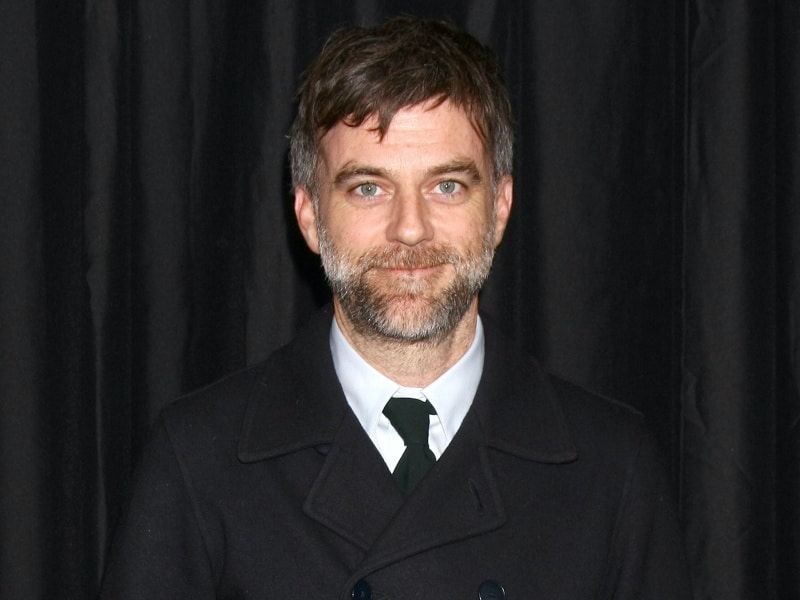It’s never easy to rank a director’s work. There are always wrinkles that complicate things: subjectivity, taste, and of course personal affection for imperfect films. But even the best directors have their low points, right? Not Paul Thomas Anderson, who seems to be incapable of making a bad movie.
Since making a splash at the 1996 Cannes Film Festival with his debut feature, Hard Eight, Anderson has produced a filmography of back-to-back stone-cold masterpieces. To parse his oeuvre and select the standouts is to quibble about the most minor of issues and personal preferences. In short: it’s no easy task.
And yet, in the end, in a career totaling nine films, some flicks inevitably hit harder than others. The cream rises to the top and the more hesitant, marginally messier efforts fall gracefully to the bottom. We are splitting hairs, but that’s the fun of it.
Below you’ll find our definitive ranking of Paul Thomas Anderson’s movies (as opposed to his music videos, which are ranked here). At least, as “definitive” as you can get when it comes to a director who never misses. Come to us in a different season or even a different time of day and the list below may shift. But that is, in our opinion, the hallmark of a great artist.
9. Hard Eight
You never forget your first … Paul Thomas Anderson movie. Premiering in the Un Certain Regard program at the 1996 Cannes Film Festival, Hard Eight introduced the world to one of the most unimpeachable filmmakers of the 21st century.
Expanding upon his own 1993 short film Cigarettes & Coffee, it follows Sydney (Philip Baker Hall), a seasoned gambler, who forms an unlikely bond with a homeless man named John (John C. Reilly). Taking the man under his wing as his protégé, Sydney attempts — and fails — to shield him from the ills of the world.
If anything, Hard Eight inevitably suffers from feeling a bit like a student film — restrained, trepidatious, and not nearly as confident as Anderson’s later efforts. That said, compared to other directorial debuts, it’s clear that Anderson was a fully-formed filmmaker from the get-go. A magnetic neo-noir and a clever character study of Hall’s Sydney, Hard Eight is an exceptional debut from a filmmaker who would, somehow, only get better. (Meg Shields)
8. Magnolia
Sometimes a director throwing everything they have at a wall is a last-ditch effort at originality. It’s what you do when all else has failed: you attempt to mask a lack of quality with an overwhelming amount of quantity. But sometimes, when it’s well-executed, you can’t help but respect such a brazen move. Magnolia is the latter. It’s an audacious feature that builds on the influence of Robert Altman’s vast connected narratives and blasts it into a startlingly devastating mosaic of the Valley, TV hosts and precocious kids, pill-popping trophy wives and naive cops, and pick-up artist scumbags and dying old men.
This is the kind of movie that could only be made by a 28 year old hot off a smash hit about the porn industry. It comes from a place of immeasurable confidence, while inevitably possessing the humming insecurity that comes with attempting a major, unflinching risk. Few would have the nerve to try to make a movie like this. And even fewer would get the platform. If Magnolia had failed, Anderson could have been laughed out of Hollywood. Luckily for all of us, nearly everything sticks to the wall. (Anna Swanson)
7. Boogie Nights
Boogie Nights is, among other things, a rollercoaster ride. This saga of 1970s porn production chronicles incredible highs and heartbreaking lows while venturing through narratives that are so gobsmackingly wild we can’t help but buy into it. With industry newcomer Dirk Diggler (fresh-faced Mark Wahlberg) leading the charge, Anderson throws us into the deep end of all that is enchanting about the other side of LA’s film life. But with changing times and techniques serving as an allegorical consideration of filmmaking as a creative effort, Boogie Nights is ultimately about the labor of love.
It’s also a technical whirlwind with gorgeous cinematography, an airtight script, and some career-best, booming performances all around. But as is the case with Anderson at his best, the film’s biggest moments can be overshadowed by the quietly devastating human touches. I think of exchanges between Julianne Moore’s matriarchal Amber Waves and Heather Graham’s Rollergirl. Or the perfect as ever Philip Seymour Hoffman delivering a contender for the best in-the-background-reacting-to-other-people performance of all time. (Anna Swanson)
6. Punch-Drunk Love
If you ever hear any of your pretentious film-loving friends bemoan the humble rom-com, remind them that it is the genre of choice of one of our generation’s finest filmmakers. Paul Thomas Anderson’s fourth feature film follows Barry (Adam Sandler), a small-business owner with social anxiety and violent tendencies. While Barry does his best to make his way through the world in one piece, he trips head-first into the love of his life (Emily Watson), all while being threatened by a gang of scammers.
Punch-Drunk Love is an unapologetically odd but undeniably touching portrait of a man overwhelmed by both the rage and love in his heart. The film boasts a confrontational gait and a bouncy optimism. Anderson captures all the angry, awkward rumblings of feeling like an exposed nerve, of being overwhelmed by a love and a hair-trigger response that feels like lightning.
Featuring a jaw-dropping, career-best performance from Sandler and a swirling score from Jon Brion that captures the flight-or-flight response shared by romance and anxiety, Punch-Drunk Love is a 95-minute love letter, caked in sweat, and — of course — pudding. (Meg Shields)
1 of 2 Next

